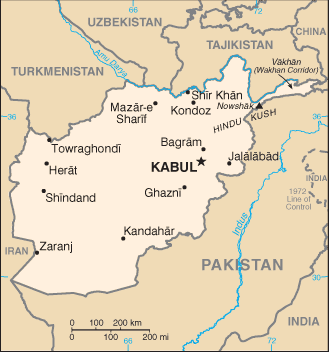Speaking over the weekend on last week’s attack against a Doctors Without Borders hospital in Kunduz, Afghanistan, Pentagon officials said that they are preparing to make “condolence payments” to the families of the 22 people slain in the US attack.
 The statement insisted that they’d pay money to the families, and would also work to make “appropriate payments” toward the repair of the hospital they attacked, though the facility is closed at any rate, after Doctors Without Borders was unable to get a guarantee the site wouldn’t get attacked again.
The statement insisted that they’d pay money to the families, and would also work to make “appropriate payments” toward the repair of the hospital they attacked, though the facility is closed at any rate, after Doctors Without Borders was unable to get a guarantee the site wouldn’t get attacked again.
The major questions remaining over the US attack, however, look set to remain unanswered, as the Pentagon appears to hope promised payments will make the problem go away, and refused to release any further details on the attack itself.
Officially, the Pentagon says they are withholding the details pending their own internal investigation into the attack, which those familiar with the situation say will center on whether the crew of the US warplane knew they were attacking a hospital at the time.
This is itself something of an admission, as the Pentagon had previously expressed confidence the whole thing was a “mistake.” US rules of engagement in Afghanistan would not have permitted a strike against a protected civilian facility like the hospital.


